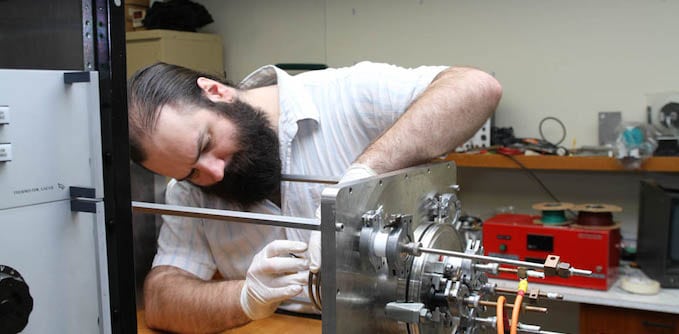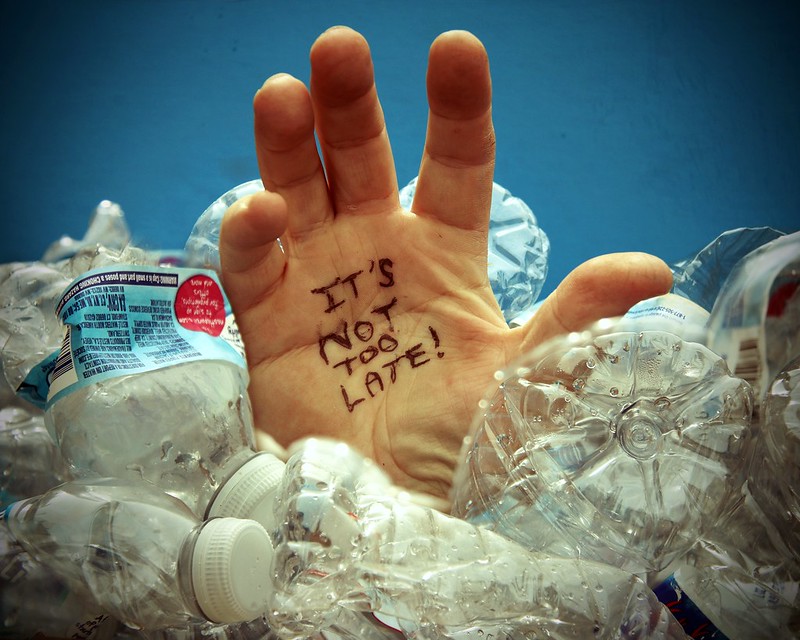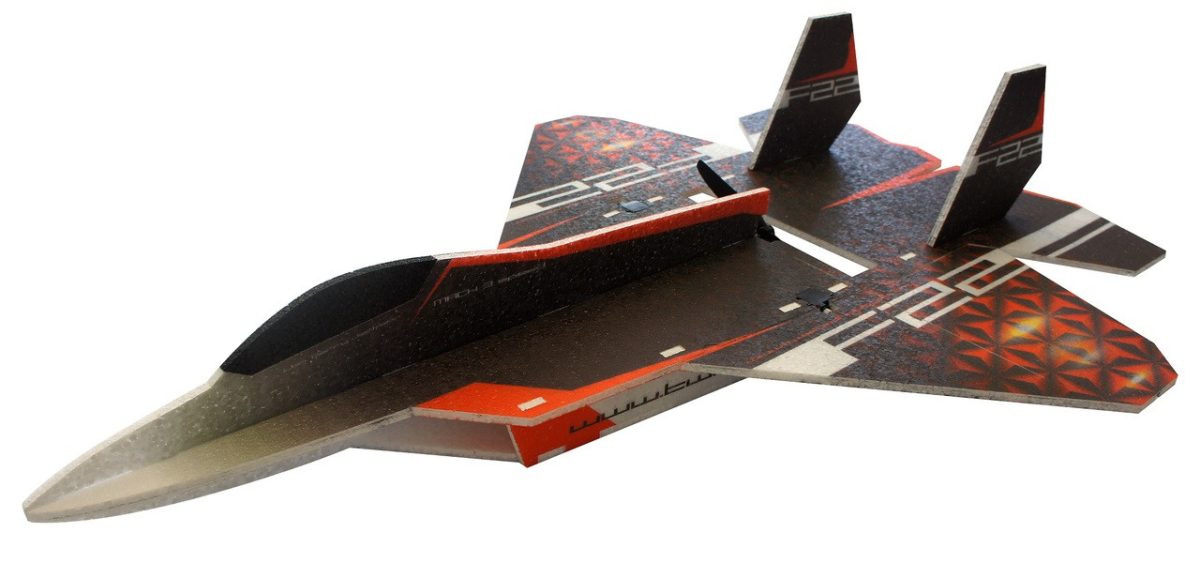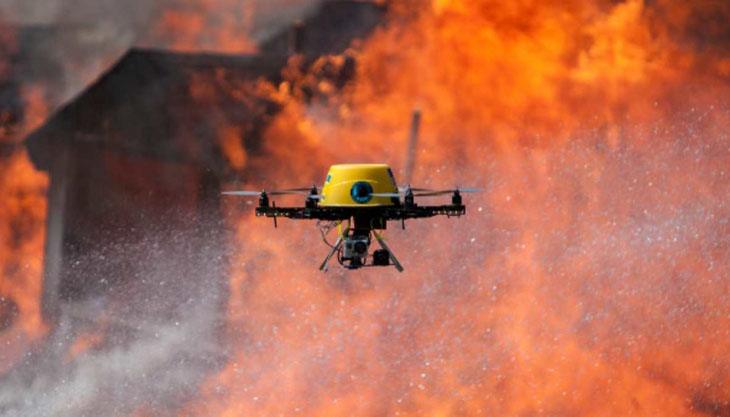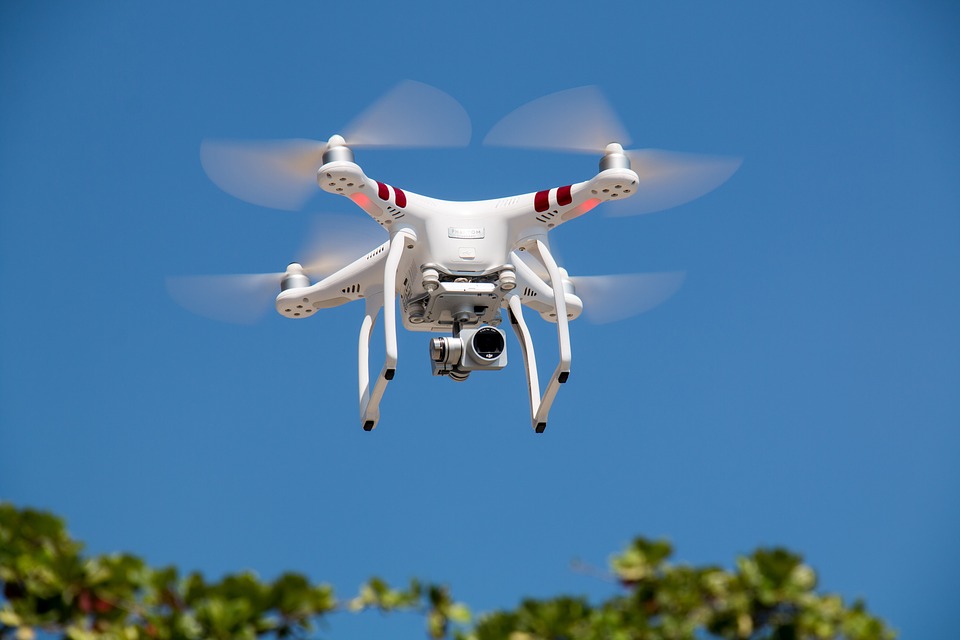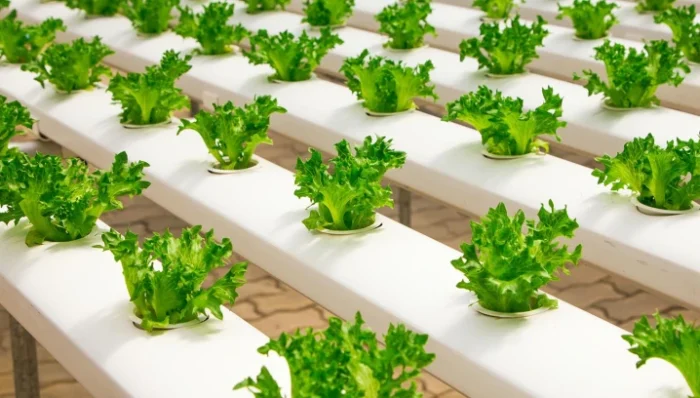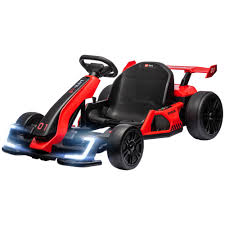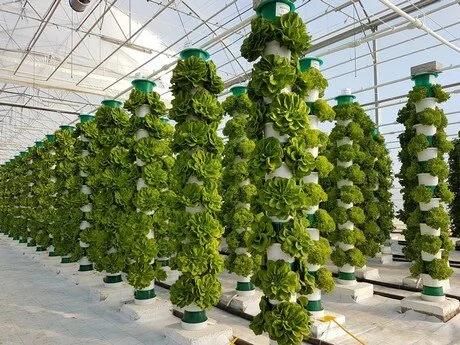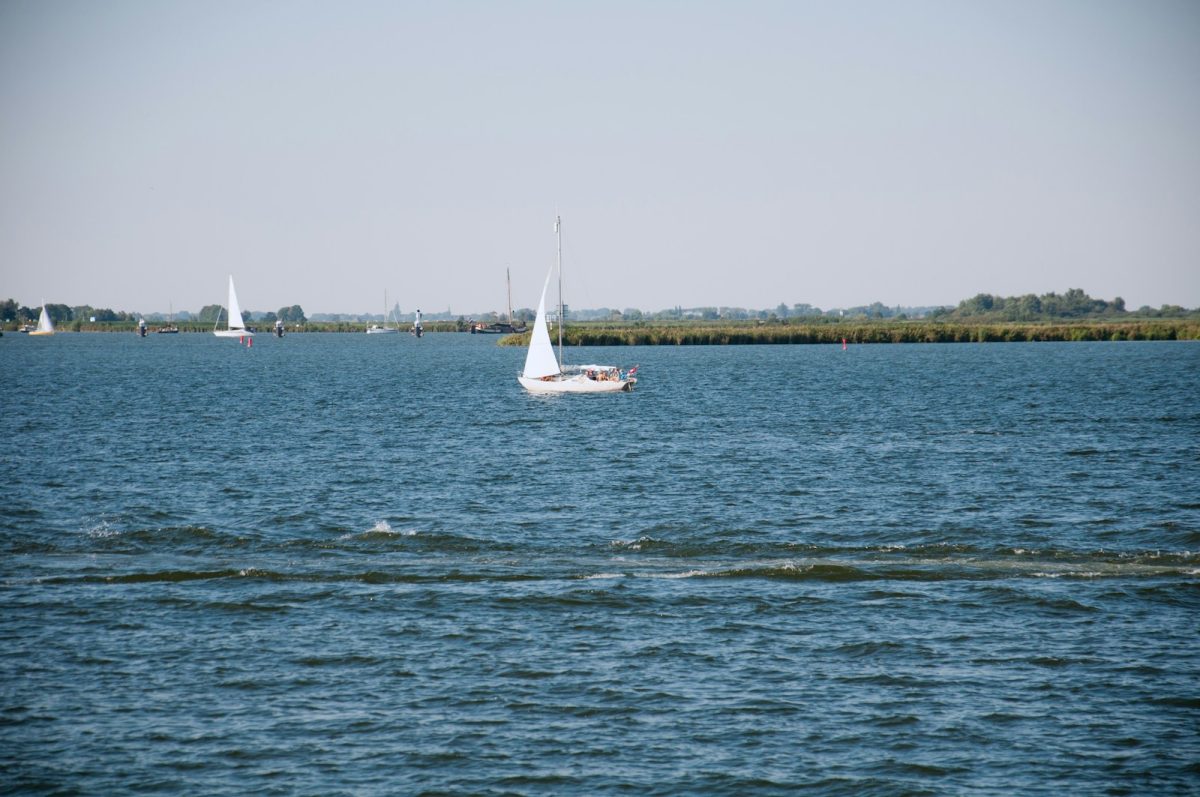Australian Student Beats NASA’s Record.
Patrick Neumann or “Paddy” read a lot of science fiction as a kid. Paddy decided he would enroll in the university of Sydney with the hopes to study about aerospace engineering and physics after finishing high school. Paddy had set huge goals that he later on worked very hard on to achieve them. Paddy had been working on this project since he was an undergrad. Neumann claims that the idea of the project was his , and was made when he was only a third year student. Even though he got most of the credit he wanted to let the world know that some of the credit should go to his PhD supervisor who helped him “Narrow his focus and interpret any funky results that cropped up”. Nasa’s ion system that can work up to 9,600 for specific impulse. Neumann Drive was able to complete 14,690 impulses.
Nasa’s drive model runs on xenon gas, where’s Neumann’s drive creates particles by hitting a fuel source for example magnesium with electric arcs. Nasa claims that a regular rocket has specific impulse order of 300- 400 seconds. What was found on Neumann’s drive was that it could not be launched unless it was paired spacecraft for transfer from space to a zero gravity zone. Neumann’s drive would also have to be carried by a spacecraft on its way back from the zero gravity zone. Neumann made his space creation from materials like aluminum, titanium and magnesium for fuel. So basically Neumann’s drive was made out of “space junk”. Neumann said in one of his most recent interviews that “It’s not really that hard just don’t think too hard”. In conclusion Neumann has proved that no matter who you are and what you do if you really want something it’s never impossible.
RELATED STORIES:
https://www.nasa.gov/johnson/HWHAP/welcome-to-mars
https://www.nasa.gov/feature/nasa-finds-evidence-two-early-planets-collided-to-form-moon
https://newatlas.com/neumann-ion-drive-nasa-hipep-engine/39490/
https://www.iflscience.com/technology/mars-and-back-one-tank-magnesium/
